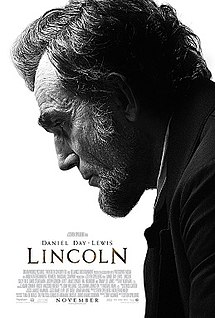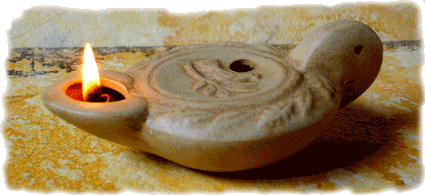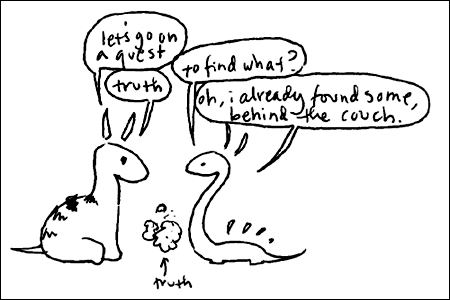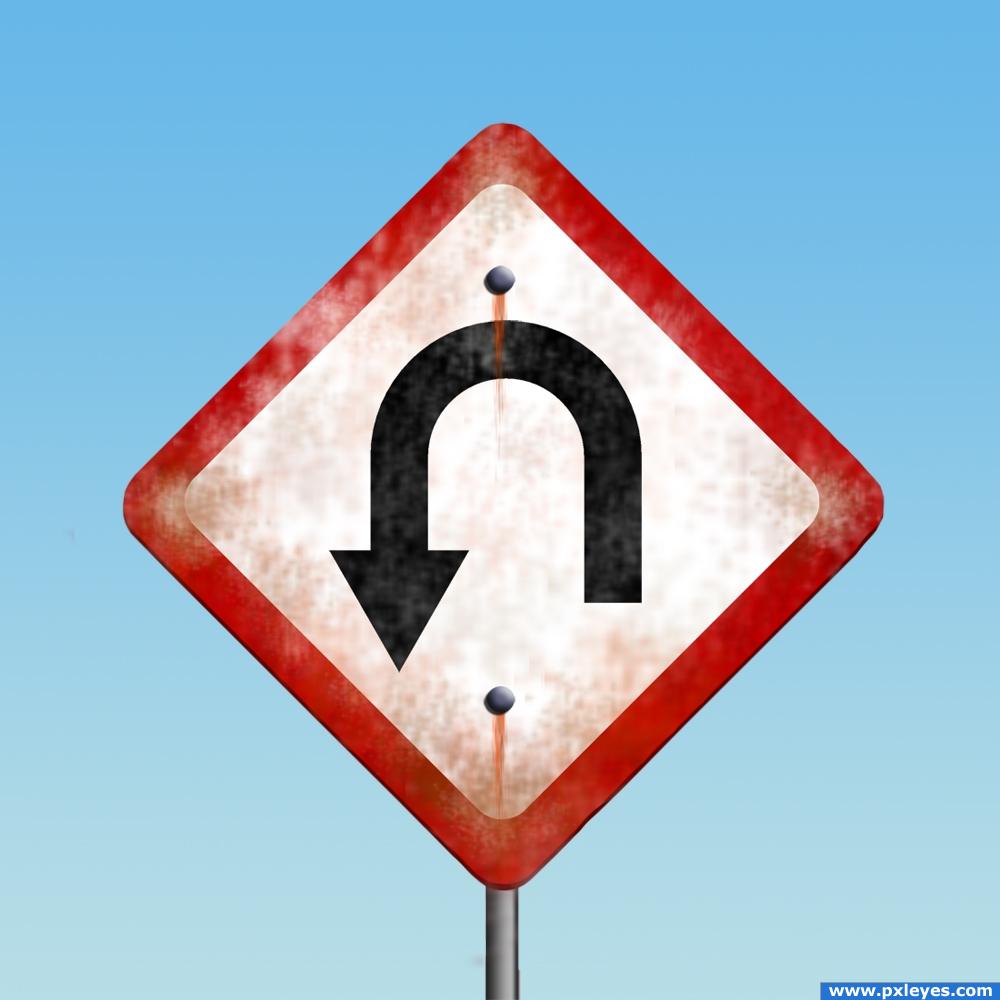Sarah is a kindergartener here at Woodlands. She’s great: energetic, curious, and loving. She’s got the face of a kindergartener: bright eyes and big, enthusiastic smile. I was thrilled when she and her dad came in to see me this summer.
 When they walked into the office, Sarah was, as usual,
beaming. She had the look of a kid who had been playing outside for the last
few weeks – she even had a bright pink cast on her right wrist to prove it.
Despite the cumbersome cast, though, she was carrying a pile of no less than 5
books, clearly from the public library. She had on her usual mismatched outfit
of different patterns and colors, including some bright pink sparkly shoes.
When they walked into the office, Sarah was, as usual,
beaming. She had the look of a kid who had been playing outside for the last
few weeks – she even had a bright pink cast on her right wrist to prove it.
Despite the cumbersome cast, though, she was carrying a pile of no less than 5
books, clearly from the public library. She had on her usual mismatched outfit
of different patterns and colors, including some bright pink sparkly shoes.
They walked into the office. “Look at your SHOES!” I
exclaimed with glee.
She beamed back and modeled them a bit, pointing her toes
and clicking her heals.
And in that moment, I disappointingly thought to myself, “I
did it again.”
Because while it was a great moment of connection, and Sara
had no problem showing off her kicks, I wish I had chosen to comment on
something other than her clothes. I could have inquired about the stack of
books in her arms, or even the story behind the cast on her wrist…but instead,
her shoes.
It’s a small thing, I know. And, really, truly, I think pink
glittery shoes are awesome. I do! But
I want to do better.
I want us all to do better when it comes to how we speak to
young women. For sure there have been hundreds of sermons on the topic of how
the media affects a girl’s impression of her body and of her self-worth, or how
our tradition encourages us to care for our mental and physical wellness. But
what I want to draw your attention to is something much more discreet, much
more subtle, much more subconscious – the little things we say to females every
day that have more of an impact than we think. It’s the comments we make about
what a girl is wearing, or comments like, “look how much weight you lost!” Or
it’s simply commenting more frequently on how pretty she is, rather than how
smart she is. Subtle changes in the comments we make could make a world of
difference in building a better future for our girls.
Now, I acknowledge that this is something that affects both genders. Young boys and men are
just as subject to chatter about their bodies and style choices. We make
judgments everyday about a boy’s masculinity and therefore his toughness and
his worth. But today I will focus specifically on girls, because I do believe
that the attack on them – through comments on their physical appearance - has
taken a bigger toll in a quantifiable way.
For example, in 2004, adolescent females (ages 12-17) were
more likely than adolescent males to report getting treatment for mental health
problems – with close to 24% of the female population seeking help[1].
Girls were also were more likely than boys to engage in disordered eating with
6% of females reporting vomiting or using laxatives to control weight compared
to just 3% of males.[2]
 What’s driving these statistics? Our society is notoriously
obsessed with a person’s body and their looks. But there are a number of
reasons why girls might report more difficulty maintaining their mental health
and self-esteem in such a society. According to the US Department of Education,
girls physically mature about two years earlier than
boys. As a result, girls have to deal with issues of how they look, their
popularity and their sexuality before they are emotionally mature enough to do
so.[3] Studies show that self-esteem in girls peaks at the
age of nine, then, for many, begins to plummet.[4] It plummets so much that by the age of 15, girls are twice
as likely than boys to become depressed.[5] Our emphasis on sex, beauty, and overall desirability hits
girls harder than boys and it is hitting them hard.
What’s driving these statistics? Our society is notoriously
obsessed with a person’s body and their looks. But there are a number of
reasons why girls might report more difficulty maintaining their mental health
and self-esteem in such a society. According to the US Department of Education,
girls physically mature about two years earlier than
boys. As a result, girls have to deal with issues of how they look, their
popularity and their sexuality before they are emotionally mature enough to do
so.[3] Studies show that self-esteem in girls peaks at the
age of nine, then, for many, begins to plummet.[4] It plummets so much that by the age of 15, girls are twice
as likely than boys to become depressed.[5] Our emphasis on sex, beauty, and overall desirability hits
girls harder than boys and it is hitting them hard.
This incredible pressure to look and
act a certain way at an early age causes depression, anxiety, eating disorders,
and a general sense of low-self worth. We exert this pressure every day in even
the littlest ways, most often subconsciously and unintentionally. But in a time
when the news and media are buzzing with messages to “lean in,” and that girls
have more opportunities and choices today than ever before, we have to take a
good, hard look at ourselves and challenge ourselves to do better in regards to
the subtle messages we are sending.
Because too often we think this is
not something we are guilty of. We cringe when we hear reports of women in
religious countries who are beaten for showing too much skin from under a veil.
We feel shame when we hear of ultra-Orthodox Jewish men throwing rocks and
spitting at schoolgirls who are walking to school in uniforms – calling them
prostitutes and other slurs. We distance ourselves from these groups and claim
them radical. But we should not dare to think that we are not throwing
stones and slurs ourselves. Lest we think we are different, consider that we
too are throwing rocks at young women when we:
- Give a girl a hard time for needing a bigger dress size (I
have actually heard this conversation
in the Marshall’s dressing room – shame
placed on a girl for growing and assurances that the little girl can and should do something about it),
- We too throw rocks when we make more mention of the outfits
our girls wear up to the bimah, rather than the fact that they are up there at
all,
- We throw rocks when we comment on a young person’s weight –
even positively! Indeed, studies have shown that appearance compliments –
positive comments about a person’s body – can lead to higher body surveillance
and body dissatisfaction.[6]
When you think the message you are sending is “good for you for losing the
weight,” it likely be received as: “keep it up…you’re better because you’re
smaller.”
- And indeed, we are throwing rocks at young women when we
ourselves talk openly about how dissatisfied we are with our own bodies.
This last rock, this last thing we are guilty of, is the one
we can start with. Experts call it “fat talk,” and most of us, men and women,
are guilty of it. New York Times contributor Jan Hoffman reports that “fat talk”
is so endemic in our society (93% of women admit to engaging in it!) because we
find it empathetic and a way to build relationships. Fat talk, according to
Hoffman, often reflects not how the speaker actually feels about her body but
how she is expected to feel about it.[7]
Hoffman offers an example:
“First friend: “I can’t believe I ate that brownie. I am so
fat!”
Second friend: “You must be joking — you are so not fat. Just look at my thighs.”
The second friend’s reply, an “empathetic” self-deprecating retort to maintain the friendship on equal standing, includes reflexive praise of the first friend’s body, supposedly feeding the first friend’s hungry cry for affirmation...But to do so, the second friend has eviscerated herself, a toxic tear-down by comparison.”
We are slowly tearing ourselves down.
This happens between friends, and very often, between mother
and daughter. As the Girl Scout Research Institute reports: “A daughter's
dissatisfaction with her weight is greater if her mother is also dissatisfied
with her own weight, in spite of how much a daughter actually weighs.”[8]
This statistic is what makes me most scared, now as the
mother of a young girl. I try to take account of what I say around her to try
to establish better patterns for when she can actually understand. But in doing
it for her, I realized, I need to be doing it for me. I, you, we, deserve to
speak better to ourselves. The toxic tear-down and the comparing benefits no one.
Folks, this isn’t about young girls, young boys, or
teenagers of either gender – this is about us and how we treat our minds and
bodies. This is about the way we choose to view ourselves, and therefore
others. Best selling writer Geneen Roth offers,
“The most difficult part of teaching people to respect and
listen to their bodies is overcoming their conviction that there is nothing to
respect. They can't find any place in
them that is whole or intact. . . . The possibility that there is a place in them,
in everyone, that is unbroken, that has never gained a pound, never been
hungry, never been wounded, seems like a myth. . . But then I ask them about
babies. I ask them to remember their own
children and how they came into the world already gorgeous and utterly
deserving of love. They nod their
heads. They realize that brokenness is
learned, not innate, and that their work is to find their way back to what is
already whole.[9]”
Indeed, our Torah portion this morning will declare that “It
is not in heaven, that you should say, “Who will go up to heaven for us, and
get it for us so that we may hear it and observe it?” Neither is it beyond the
sea, that you should say, “Who will cross to the other side of the sea for us,
and get it for us so that we may hear it and observe it?” No, the word is very
near to you; it is in your mouth and in your heart for you to observe.”
(Deuteronomy 30).
This is our
responsibility and it is not beyond us to achieve. We have the words here in
our hearts and in our mouths. In order
to help the girls in our community live fuller, more positive lives, we must
start with helping ourselves. We have to love ourselves and our bodies
first. We have to take “fat talk” out of
our vocabulary and believe that even if we don’t look exactly the way we want
to, we are still deserving of happiness and love.
We have to start reading new cues. Instead of commenting on
the sparkly pink shoes Sarah wears, I need to comment on the stack of books. I
should ask her which one is her favorite. I should celebrate her mind, not what
she puts on her body. This morning I pledge to try to do better and I hope you
will too. On this day when we purposefully fast - as you feel the hunger pains
and the rumble in your stomach - understand that others inflict this on themselves
daily and that the pain is not only physical, but spiritual as well. Our
changed comments may be small, but their impact over time can be tremendous.
I found a favorite book to read to Noah. It’s called The Paper Bag Princess. There’s a beautiful young princess named
Elizabeth who’s set to marry the young prince Ronald. Unfortunately, a dragon comes and destroys
her castle, burns all her clothes, and takes Ronald away. Elizabeth is left
covered in ashes, with nothing but a paper bag to wear. Nevertheless, Elizabeth begins a quest to get
her future husband back. Sure enough, Elizabeth uses her wits and outsmarts the
dragon. As she opens the door to free
Ronald, he says, “Elizabeth, you are a mess! You smell like ashes, your hair is
all tangled and you are wearing a dirty old paper bag. Come back when you are
dressed like a real princess.”
“Ronald,” says Elizabeth, “your clothes are really pretty
and your hair is very neat. You look like a real prince, but you are a bum.”
And the book ends: They didn’t get married after all.
End of story. The last picture is one of Elizabeth dancing
toward the sunrise.
This is the message we should be teaching our young women.
No, on second thought, it’s not a lesson we owe them, it’s an apology. We have
to do teshuvah. We should say, “I’m
sorry I get so fixated on how you look and what you weigh. Through the ashes of
societal pressure and the paper bag clothes of the latest trends, through all
that, you are smart, you are resilient and you are courageous.”
While Rabbi Billy was on sabbatical, I had the great fortune
of officiating at the b’nai mitzvah services. At the end of the service, I
would stand with the child in front of the ark, and offer a blessing, taking
care to specialize it to the young man or woman in front of me. Through the
weeks, I discovered that (subconsciously) a theme arose. I found myself saying,
“Be kind to yourself. Nurture yourself – honoring all those beautiful traits
inside of you. Only when you do that, can you go out into this great big world
and make a difference. Make the difference with you first.”
It took me weeks to discover the pattern and even more time
to figure out why it quietly entered my blessings. I found that as much
as I was talking to the Bar or Bat Mitzvah, I was talking to myself. A
young woman of 13 who needed to know that her curly hair was beautiful; that
her changing body was something to be cared for and treasured.
We all need to speak to that 13 year old inside of ourselves
– the one who started to internalize all the negative press and all the
comments, either good or bad, that people make. Lay a whole set of tablets
alongside your broken ones and find the power already in your own heart so that
it may manifest through your lips – creating a world of positive speech and of
love.
Ken yhi ratzon.
Closing Words
This morning we chanted Isaiah’s hopeful words:
9
If you remove the yoke from among you,
the pointing of the finger, the speaking of evil, 10 if you offer your food to the hungry
and satisfy the needs of the afflicted, then your light shall rise in the darkness
and your gloom be like the noonday…
the pointing of the finger, the speaking of evil, 10 if you offer your food to the hungry
and satisfy the needs of the afflicted, then your light shall rise in the darkness
and your gloom be like the noonday…
12 Your ancient
ruins shall be rebuilt;
you shall raise up the foundations of many generations; you shall be called the repairer of the breach,
the restorer of streets to live in.
you shall raise up the foundations of many generations; you shall be called the repairer of the breach,
the restorer of streets to live in.
Will you be the yoke that hangs
heavy on the self-esteem of our young people or will you speak words of
nourishment, becoming the repairer of the breach? We have the potential to
rebuild the ruins and raise up a foundation for the next generation – if only
we would join our voices in words of strength. This Yom Kippur day, let us stop
pointing the finger at others and at ourselves. It is the day of God’s
judgment, not ours. What a relief.
G’mar hatima tova, may we and our children be inscribed in the Book
of Life.
[1] Substance
Abuse and Mental Health Services Administration, National Survey on Drug Use and Health: 2005
[2] ChildTrends.org,
Child and Youth Indicators
Databank: Disordered Eating—Symptoms of Bulimia, 2006
[3] http://www2.ed.gov/parents/academic/help/adolescence/part8.html
[4] http://www.aboutourkids.org/articles/depression_in_adolescence_does_gender_matter
[5] http://www.aboutourkids.org/articles/how_raise_girls_healthy_selfesteem
[6] http://www.ncbi.nlm.nih.gov/pmc/articles/PMC3101896/
[7] http://well.blogs.nytimes.com/2013/05/27/fat-talk-compels-but-carries-a-cost/?smid=fb-share&_r=0
[8] The Girl
Scout Research Institute, The New
Normal? What Girls Say About Healthy Living (2006))
[9] Geneen
Roth, Women Food and God (New York:
Simon and Schuster, 2010), 64-65.)

















